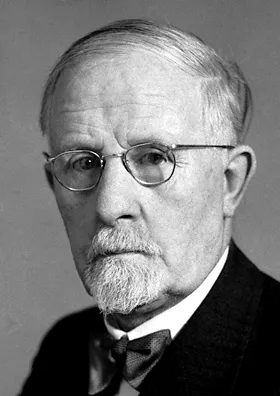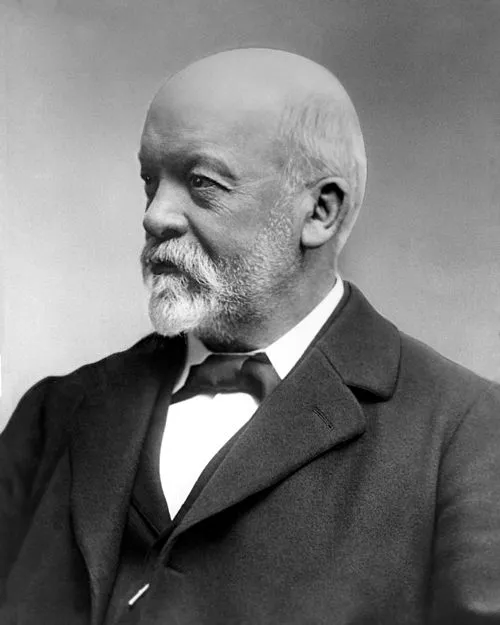Name: Siegfried Lenz
Birth Year: 1926
Nationality: Polish-German
Profession: Author and playwright
Death Year: 2014
1926 – Siegfried Lenz, Polish-German author and playwright (d. 2014)
1926 was a year that marked the beginning of a remarkable journey for Siegfried Lenz, a man whose life would traverse the complex landscapes of literature and culture in post-war Europe. Born in the small town of Lyck in East Prussia, Lenz entered a world shaped by the shadows of World War I and on the brink of another monumental conflict. The son of a schoolteacher, he was introduced to literature at an early age perhaps it was this exposure that kindled his lifelong passion for storytelling.
However, his childhood was not devoid of turmoil; with Germany’s tumultuous history looming large over his formative years, young Siegfried often found solace between pages filled with tales from distant lands. It was during these impressionable years that he began to write scribbling down stories and poems as a way to escape from reality. Ironically, it wasn't until 1943 when he was drafted into the German army that he would truly understand both the horrors and absurdities of war firsthand. It’s easy to speculate how this harrowing experience might have fueled his later works.
After surviving combat and returning home post-war, Lenz found himself grappling with the guilt and disillusionment faced by many veterans. The world had changed dramatically around him; Germany lay in ruins both physically and morally. Yet amid this chaos emerged an opportunity the chance to write authentically about experiences that others dared not discuss openly. In 1950, Lenz published his first novel titled "Sozietät" which offered readers insight into post-war struggles a reflection perhaps born from his own introspection during those harrowing years.
The success of "Sozietät" propelled him into the literary scene almost overnight; however, despite this newfound recognition, it wasn’t fame he sought but rather truth a quest evident throughout his career as an author and playwright. His writing style drew comparisons to great literary figures such as Franz Kafka or Thomas Mann yet retained its uniqueness through profound reflections on humanity's darker sides: guilt, memory, identity all themes prevalent in European literature after World War II.
Lenz's most celebrated work came later in life with "The German Lesson," published in 1968 arguably one of Germany's most significant post-war novels! This intricate tale follows a boy forced to choose between loyalty towards family or adherence to moral conscience during Nazi rule a conundrum echoed throughout history! Perhaps what makes this story resonate even more is how it mirrors contemporary debates about nationalism versus personal ethics a discussion still very much alive today!
In addition to novels like "The German Lesson," Lenz also ventured into theater writing several plays that confronted social issues head-on while simultaneously captivating audiences worldwide! One can't help but admire how art became an instrument for exploration within such fraught contexts taking risks where few dared tread before him! For instance: “The Ghost Writer,” showcases dilemmas faced by writers struggling against censorship while raising questions surrounding artistic freedom... something increasingly relevant amidst global political tensions today!
Despite achieving acclaim as an author whose works were translated into numerous languages , there remained skepticism surrounding his identity as a Polish-German writer navigating two cultures could leave one feeling caught between worlds... Yet rather than retreating inwardly amid fears stemming from historical complexities surrounding ethnicity or nationality; he embraced them wholeheartedly not unlike blending colors on canvas creating stunning portraits illustrating life's nuances!
As decades rolled onward bringing changes unfathomable at times…Lenz continued producing thought-provoking narratives addressing themes ranging widely across human existence including love lost amidst war-torn landscapes depicted vividly within “A Woman’s Love.” Perhaps here lies another irony: even while tackling profoundly heavy subjects the beauty captured within sentences hinted at hope shining through darkness hinting at resilience found amongst despair...
Eventually arriving at 2014 the year marking Siegfried Lenz’s death his legacy continued flourishing well beyond borders encasing memories crafted beautifully throughout countless pages left behind where readers across generations sought refuge reflecting lives lived similar yet distinctively different than theirs...” Ironically one can observe parallels drawn connecting past struggles emerging onto present day conversations questioning morality behind conflicts emerging globally reshaping dialogues around national identities resonating powerfully!”
This brings us full circle back toward discussing not merely someone who wrote critically acclaimed books but exploring deeper implications inherent via understanding cultural histories intertwined shaping collective consciousness collectively impacting us even now! As we celebrate remembering influential figures like Siegfried Lentz…who knows? Perhaps every line written serves dual purposes reminding future generations ultimately we all share stories waiting patiently be told…. forging connections transcending boundaries establishing bridges connecting various perspectives illuminating paths forward navigating complexities permeating society enduringly…”








